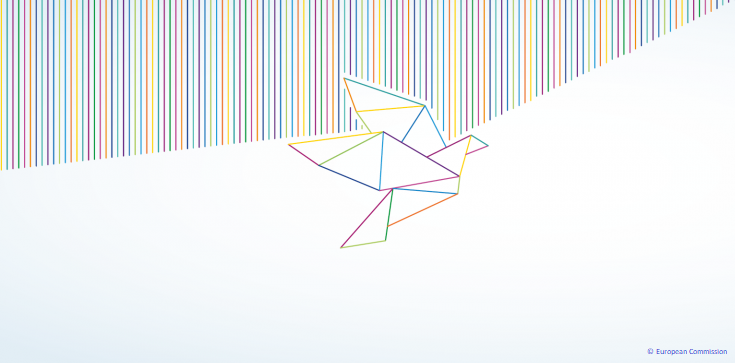
Jean-Claude Juncker, the President of the European Commission, held his State of the Union address in Strasbourg on 13 September 2017. Herein he reiterated what he deems to have been successful during the last year and how he would like the EU to evolve until the end of his term in May 2019. Although he mostly focused on trade and the economy, my appreciation goes out to his support of the democratization process of the EU and the expansion of the role of the European citizens in it.
Firstly, the notion of having transnational lists for the elections of the European Parliament would strengthen European democracy. Although the implementation thereof would not be without its challenges, having a transnational perspective on elections to an organisation that works as a supranational body is only sensible and provides for more democratic legitimacy and transparency for citizens as well as the candidates themselves. Furthermore, just as Mr. Juncker endorsed President Macron’s idea to hold ‘democratic conventions’ around Europe, the European Student Think Tank cannot say otherwise but to support this notion as long as it serves to decrease the democratic deficit of the European Union and bring European citizens and EU institutions closer together.
Secondly, a pleasant surprise was the mentioning of the European Year of Cultural Heritage. Fostering a European identity is not only a way of legitimising the EU but also a means to prompt individuals to understand and be in solidarity with each other – regardless of European institutions. As Mr. Juncker said, many countries this year have various jubilees and Europe as a whole should be celebrating them; after all, without these small local steps in history our European Union as we know it would not exist. However, although we appreciate and join Mr. Juncker in praising young Europeans who are part of the European Solidarity Corps, we wish to have seen more insights from the European Commission regarding European youth in the speech. Young Europeans are dealing with many problems and if the EU is serious about its future, it is absolutely crucial to address issues such as youth unemployment, unpaid internships and the education of children from low-income families.
Overall, we are delighted that Mr. Juncker chose to speak in more positive terms than last year and included the European citizens in the European discourse. For the coming year, we at the European Student Think Tank are looking forward to working together with the European institutions on bringing all European citizens back to the centre of European politics.
After all, without citizens, there is no Europe.
By Angelique Truijens, President of the European Student Think Tank – EST Board of 2017-18.

 The ’Ndrangheta’s Infiltration and Threat to European Institutions
The ’Ndrangheta’s Infiltration and Threat to European Institutions  From Paper to Practice: How Grassroots Norms Undermine Gender Rights in Pakistan
From Paper to Practice: How Grassroots Norms Undermine Gender Rights in Pakistan  Exploited Childhoods: The Role of Global Corporations in Perpetuating and Mitigating Child Labour
Exploited Childhoods: The Role of Global Corporations in Perpetuating and Mitigating Child Labour  Human Rights Challenges in Addressing SLAPPs in Media, NGOs and Journalism in the EU
Human Rights Challenges in Addressing SLAPPs in Media, NGOs and Journalism in the EU 


